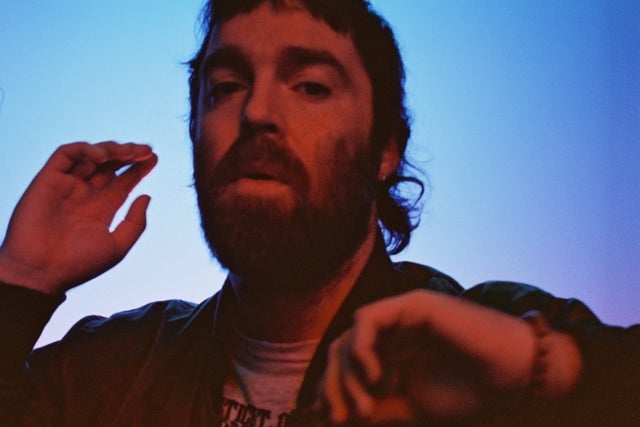Return of the alias
[Chet Faker] is the Melbourne-born project of [Nick Murphy], mixing smoky soul vocals with slow-bloom electronic grooves. After years performing under his own name, he revived the Chet Faker alias, a return that frames these shows as a re-focus on intimate, beat-led songwriting. Expect essentials like
Talk Is Cheap,
Gold, and
Drop the Game, with newer cuts such as
Low sliding between them. The room usually skews producers and songwriters in their 20s and 30s, plus long-time fans from the blog era, quiet but tuned-in. Look for a compact trio: live drums, keys, and bass/sampler, with [Nick Murphy] moving between Rhodes, synth bass, and guitar. Trivia: the moniker nods to Chet Baker, and early tracks from
Thinking in Textures were cut at home with a thrifted mic and a wobbly upright piano. Another small note: he often favors tape-style delay on vocals so phrases linger into the groove. These notes on songs and staging reflect informed expectations, and the specifics can change show by show.
Songs that anchor the night
The small rituals around Chet Faker shows
Quiet confidence, shared pulse
This crowd dresses quiet and clean: neutral tees, relaxed trousers, good sneakers, and a tote with a record shop logo. You see a few beanies even indoors, plus the odd vintage sports jacket over a hoodie when the weather allows. The singalong moments are soft rather than loud, with many people chiming the 'talk is cheap' line and snapping or clapping lightly at the start of
Gold. Phones tend to drop after the first chorus, as the room settles into sway-and-nod mode. Merch leans muted, often earth tones with small type or a line drawing, the sort of shirt you can wear to work the next day. Between songs, you hear gear chat and playlist tips from people who found him via early blog posts and never left. It feels like a listening party that happens to move, respectful but not stiff, with enough bass to keep bodies honest.
Little signals of the scene
How Chet Faker builds a mood in real time
Voice like smoke, beats like tide
The vocal is the anchor: a dry, grainy baritone that can flick into a light falsetto for hooks. Keys carry most harmony, with Rhodes or soft synths painting wide chords while bass stays simple and warm. Drums favor a relaxed pocket, more push-pull than metronome, so the songs breathe and the lifts feel earned. Onstage, a three-piece setup leaves space; each part has a job, and nothing fights the lead line. He likes to reframe arrangements live, stretching intros or dropping the kick until verse two so the first chorus blooms. A small but telling choice: the snare often sits low and round, closer to a tom, which keeps the groove thick without harsh edges. Expect tasteful lighting that glows rather than flashes, helping the ear focus on rhythm and tone. When a song needs grit, he may route the vocal through a tape-echo style effect for a soft, hazy smear at phrase ends.
Small band, big pocket
If you like Chet Faker, you might lean this way
Kindred spirits, slow-burn edition
Fans of
James Blake will recognize the soft-but-weighty mix of baritone croon, piano chords, and sub-friendly drums.
Bonobo appeals to the same crowd that likes organic percussion over patient electronic builds, with a warm, travel-worn mood. If you came in through
Drop the Game,
Flume's elastic beats and glossy negatives hit the same pressure points, just at a higher energy. Vocal-led neo-soul travelers like
Jordan Rakei share the intimate writing and jazz-tinged harmony that
Chet Faker brings to slower cuts. Add
Rhye if breathy vocals and hushed, late-night pacing are your thing.
Where beats meet hush



